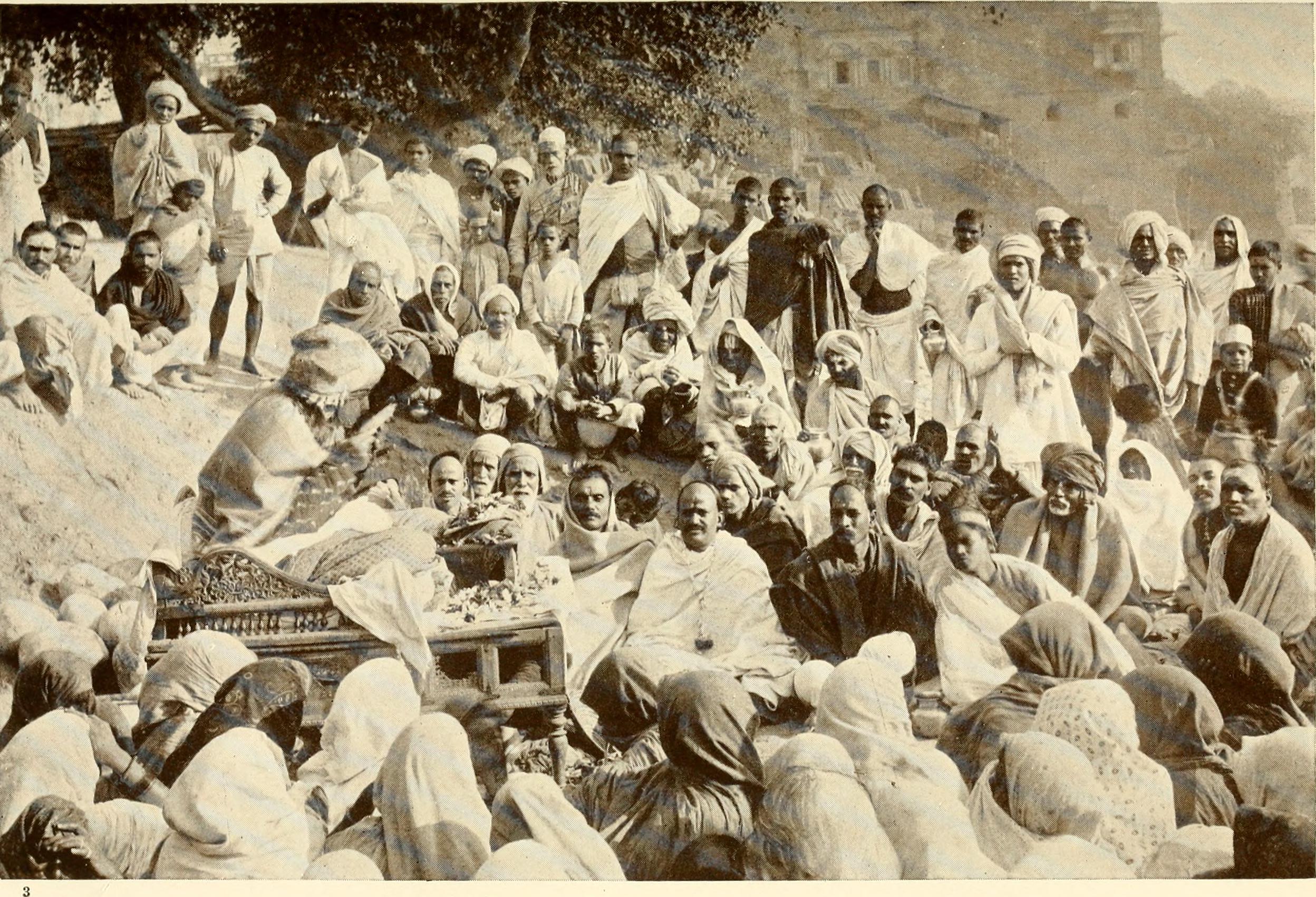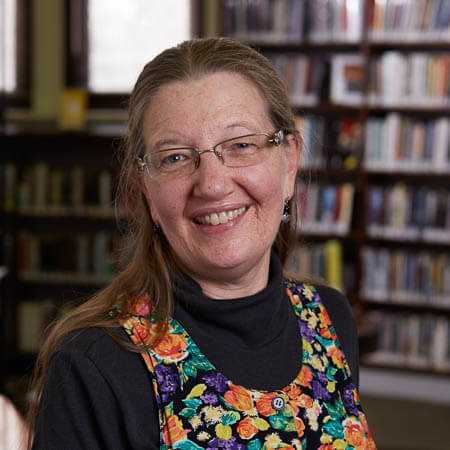Oral literature or folk literature corresponds in the sphere of the spoken (oral) word to literature as literature operates in the domain of the written word.
Tweet The Native American culture is known for its rich oral tradition – instead of using a written language to document their history, these indigenous people simply relied on their verbal language to share their history, customs, rituals, and legends through vivid narratives. These powerful tales, often told by the tribal elders to the er […]

bbc.co.uk/ni/colleges/storyteller 1 Study Ireland: storyteller An Introduction to Storytelling, Myths and Legends Notes written by EUGENE McKENDRY INTRODUCTION There

To revitalize the Mayan oral tradition, our goal is to disseminate recordings of Mayan legends and customs on community-based Indigenous Maya radio stations

A griot (/ ˈ ɡ r i. oʊ /; French pronunciation: ), jali or jeli (djeli or djéli in French spelling) is a West African historian, storyteller, praise singer, poet and/or musician. The griot is a repository of oral tradition and is often seen as a societal leader due to his or her traditional position as an advisor to royal personages. As a result of the former of …
Torah sheba’al Peh – The Oral Torah and Jewish Tradition. by John J. Parsons. During Shavuot we revisit the miracle of the giving of the Torah at Mount Sinai, but you might be surprised to know that Rabbinical Judaism believes that two Torahs were given to Moses at that time — the written Torah and the oral Torah (in Kabbalistic traditions there is …
Traditional Storytelling Storytelling traditions vary all over the world, yet have many things in common. This section is an attempt to gather information on customs of the oral tradition world-wide.
Traditional Storytelling in Africa. Storytelling traditions vary all over the world, yet have many things in common. This section is an attempt to gather information on customs of the oral tradition world-wide.



African literature: African literature, the body of traditional oral and written literatures in Afro-Asiatic and African languages together with works written by Africans in European languages. Traditional written literature, which is limited to a smaller geographic area than is oral literature, is most characteristic

Oral tradition: Oral tradition, the first and still most widespread mode of human communication. Far more than “just talking,” oral tradition refers to a dynamic and highly diverse oral-aural medium for evolving, storing, and transmitting knowledge, art, and ideas. It is typically contrasted with literacy, with

